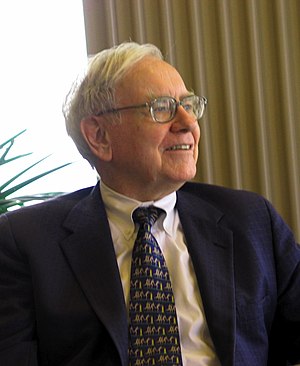A recent survey by
Gallup shows that only one in 4 Americans thinks has Congress accomplished more than usual this year. Given the high number of significant pieces of legislation, Gallup wonders aloud why this might be:
This question is particularly relevant this year because the current Democratically controlled Congress has passed a series of high-profile legislative bills, including the Patient Protection and Affordable Care Act, the Wall Street Reform and Consumer Protection Act, and others. Nevertheless, the large majority of Americans do not perceive that what Congress has accomplished is more than it has done in previous years.
They point to the obvious reasons, beginning with partisan differences over what a significant piece of legislation is. Politics is an arena in which values and loyalties clearly shape how we see the world. There's nothing unusual about this, except its extent. Many Republicans see Obama (and his allies) as a kind of anti-Christ. One might insert a number of other despised titles here, but "Anti-Christ" gets at the supposed hidden purposes of Obama that animates so many Americans.
The term "anti-Christ" is also helpful because on the flip side are or were the rather large expectations of Obama supporters, many of whom are now disaffected. For them, Obama was a messianic figure who promised to remake the country, so much so that all signs of the their anti-Christ, George Bush, would be completely removed.
For some of these folks, Congress is to blame for Obama's "failures." I tend to think there's something to this, but Congress has almost never been as "sexy" as the office of President. This is true even of those Presidents almost totally lacking in charisma. The rare exception means the President has screwed up royally--think Watergate and Tricky Dick.
It has almost always been easier for us to get excited about one leader than about a group of leaders, especially one representing a diverse and contentious bunch like us, the American people. In today’s culture of celebrity, there is good reason to believe that Congress is destined to be overlooked and downright despised, even in a year of significant achievement.
Beneath this is the reality that the recent laws and their effects are not radical in nature. For one thing, they take time to go into effect, often by design. This is especially the case with the health insurance reform act, but it is true with other pieces of significant legislation as well. Once in effect, however, we are likely to hear only faint praise for even the positive effects, because the effects are reformist in nature. As significant as some of them are—and there are some very important reforms, they do not serve to remake our landscape into a place we no longer recognize.
In light of our economic troubles, this is a recipe for political disaster. If the Republicans do not win both the House and the Senate, they will have failed. In an era of over-sized personalities, partisanship, and expectations, we long for a political messiah that will remake our society in some shape or fashion. The Tea Party folks claim they want their country back. Progressives want the truly tolerant, multi-cultural America they can see in the distance (in the form of projections). As different as the visions are, they both speak to a longing for BOLD political action or at least they think they do. It may be that what they really speak to are the range of frustrations our society feels with these changing, troubled times. We long for the stability of the familiar and the justice of tomorrow.
But we are still living in the wake of bold, even rash action. It was bold action that led us not just into Afghanistan but also Iraq after we had approved massive budget-busting tax cuts. Our very different visions of CHANGE strongly suggest that our political representatives will continue to struggle along, fighting over our visions and occasionally settling for pragmatic compromises, at least until a new consensus emerges.
I wonder if this would have struck the Founders (and their generation) as such a bad thing. It was they, after all, who set up this democratic system with it checks and balances, including a central place for the legislative branch. The great difference between them and us on these matters is that they believed that this a bold experiment. We "know better" and instead long for a messiah to deliver us from such labors.
Might it be that what we need is not a bold political savior, but the courage and self-control to engage in the messy business of politics?
 Image by Getty Images via @daylife
Image by Getty Images via @daylife









